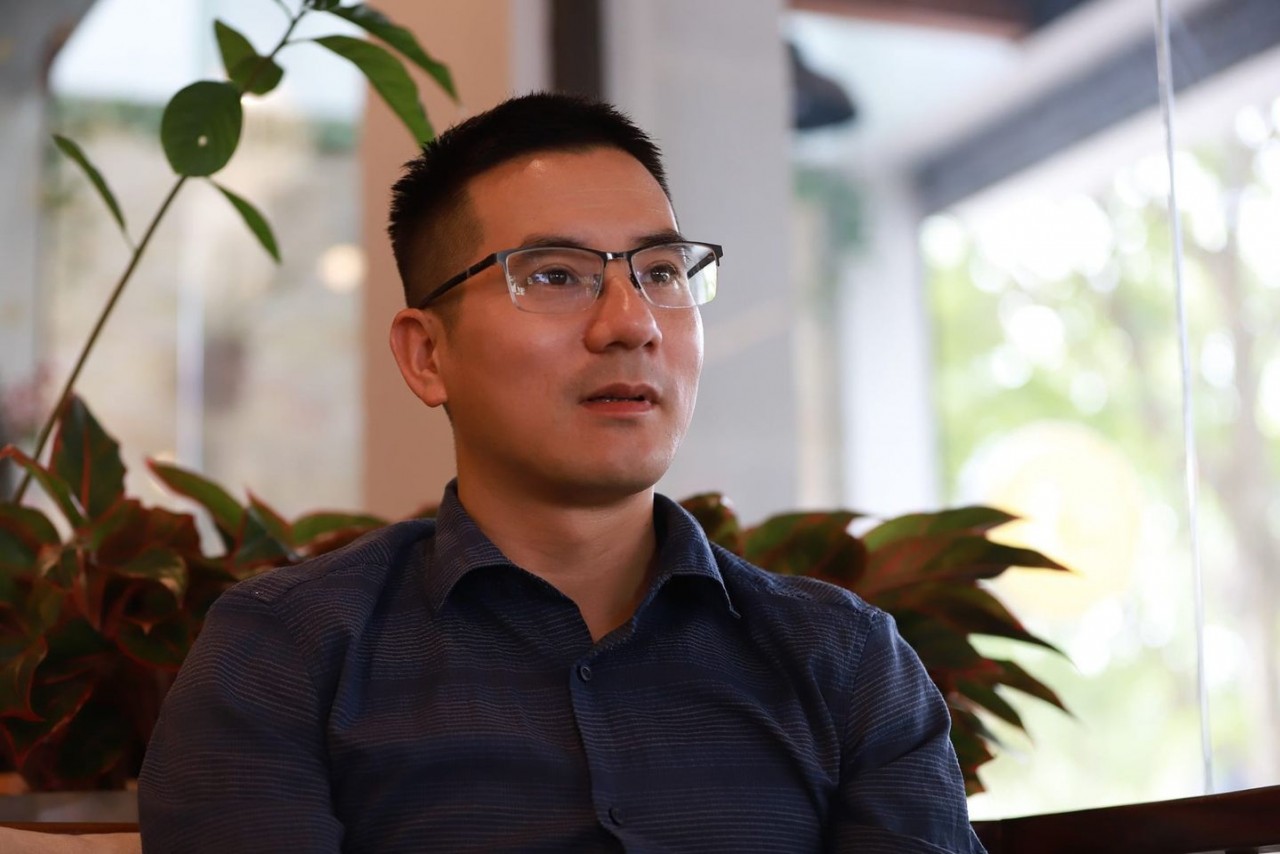 |
| Translator Nguyen Quoc Vuong believes that to improve the quality of education, teachers' material and spiritual lives must be cared for and focused on. |
As someone who has researched several aspects of education, I am very interested in the issues facing the industry. Firstly , the confusion, lack of uniformity, and lack of a clear philosophy in education, especially the issue of integrated teaching and assessment measures, including the national high school graduation exam.
Second, the issue of school safety when there are many serious cases of school violence. Among them, there are victims who are students who have suffered serious mental and physical damage. Worryingly, school violence is at risk of escalating, happening continuously and showing no signs of cooling down. One case after another, including cases like the one in Tuyen Quang, goes beyond people's imagination.
| "Teacher quality is the most important issue in education. Any reform will only stop at slogans if there are no good teachers. Education reform in Vietnam always encounters difficulties not only because of the most important issues such as educational philosophy, but even when there is a right direction in a few narrow areas, when implementing it, it is still 'difficult' because there is no one to carry it out". |
Third , the problem of teachers violating the law and professional ethics. Cases of skimming off students' meals and illegally appropriating and collecting parent funds (overcharging) have occurred in many localities, causing parents to be upset and worried. This is a serious problem because it goes beyond the minimum, common ethical limits.
Fourth , there are still many problems with teachers' lives and school culture. The phenomenon of teachers quitting their jobs is worth thinking about. Teachers quit their jobs not only because of low salaries but also because the working environment is being affected by many negative factors, a lot of pressure, having to take on many tasks outside of their expertise, confusion when implementing educational reform...
In my opinion, it is difficult to expect a strong change in the education sector in a short time with the current situation. However, I still hope that with the inherent dynamism, educational units and those who directly work in education will have improvements suitable to reality.
From there, create small but sustainable changes that are consistent with the long-term strategic direction. That is, promote education in the direction of liberalism, democracy, respect for learners and the real situation, ensuring real learning, real exams, real work. For example, recently in Hanoi, some schools have introduced reading time at the beginning of class and students have participated very enthusiastically. I think that is one of the positive signs.
Teacher quality is the most important issue in education. Any reform will only stop at slogans if there are no good teachers. Education reform in Vietnam always encounters difficulties not only because of the most important issues such as educational philosophy but also because even when there is a right direction in some narrow areas, implementation still encounters difficulties because there are no people to carry it out.
To have a true teacher, from the curriculum, textbooks, teaching methods, assessment, etc., teachers must be respected to the maximum and encouraged to innovate and be creative. However, reality requires teachers to be self-aware, self-learn, take advantage of every opportunity to change themselves, grasp the "wave" of educational innovation, and create their own educational practices.
I think, if we want education to be truly of high quality, everything needs to… slow down. The education sector needs to focus on a few basic things that are easy to gain consensus from teachers and the public, and are not too complicated to calculate in terms of state management.
First, encourage teachers to develop and implement their own educational content to create true educational practices. The easiest practices to implement will be local education, experiential activities, then other subjects that serve close life such as history, geography, science, etc.
Second , efforts should be made to improve school culture, especially physical education, art education and reading culture. It is necessary to build good libraries and promote the role of school libraries in the true sense instead of making libraries to be recognized as standard schools. If learning and teaching are not linked and based on reading, all achievements will be virtual or have temporary value.
Third , closely monitor school revenues and expenditures to avoid corruption. Resolutely remove from the profession teachers and managers who lack professional ethics, while courageously protecting teachers who love their profession, are capable, and dare to fight against corruption.
Fourth , there must be specific measures to improve the material and spiritual life of teachers. It is necessary to take all necessary measures so that teachers can live on their salaries without having to teach extra classes or have to “have one foot in and one foot out”. This is both a short-term measure and a long-term strategy. If this cannot be done, it will be difficult to have a high-quality education.
Looking at education reform in Japan, it can be seen that education reform is only truly effective and brings about positive changes when all laws, policies, and reform projects take the interests of the people, the rights of children, and the future of the nation as the destination and starting point of reform. Careful calculation is needed to avoid setting reform goals that are too high when actual conditions cannot meet them, leading to a situation of "beating the drum and abandoning the stick". Once the internal strength of teachers and students is respected and promoted, education will certainly improve.
Education researcher and translator Nguyen Quoc Vuong has translated and written about 90 books on education, history, and culture. Some typical books include: - Translated books: Vietnam's education reform , National character , Happiness with daily life ... - Books written: Reading books and the arduous journey of a thousand miles, What can Vietnamese education learn from Japan, History is not as boring as you think, Thinking about Vietnamese education on a long journey, Finding the philosophy of Vietnamese education... Award: Good Book Award 2020 for the book What Vietnamese Education Can Learn from Japan. |
Source


![[Photo] Prime Minister Pham Minh Chinh chairs a meeting of the Steering Committee for key projects in the transport sector.](https://vphoto.vietnam.vn/thumb/1200x675/vietnam/resource/IMAGE/2025/5/10/0f4a774f29ce4699b015316413a1d09e)
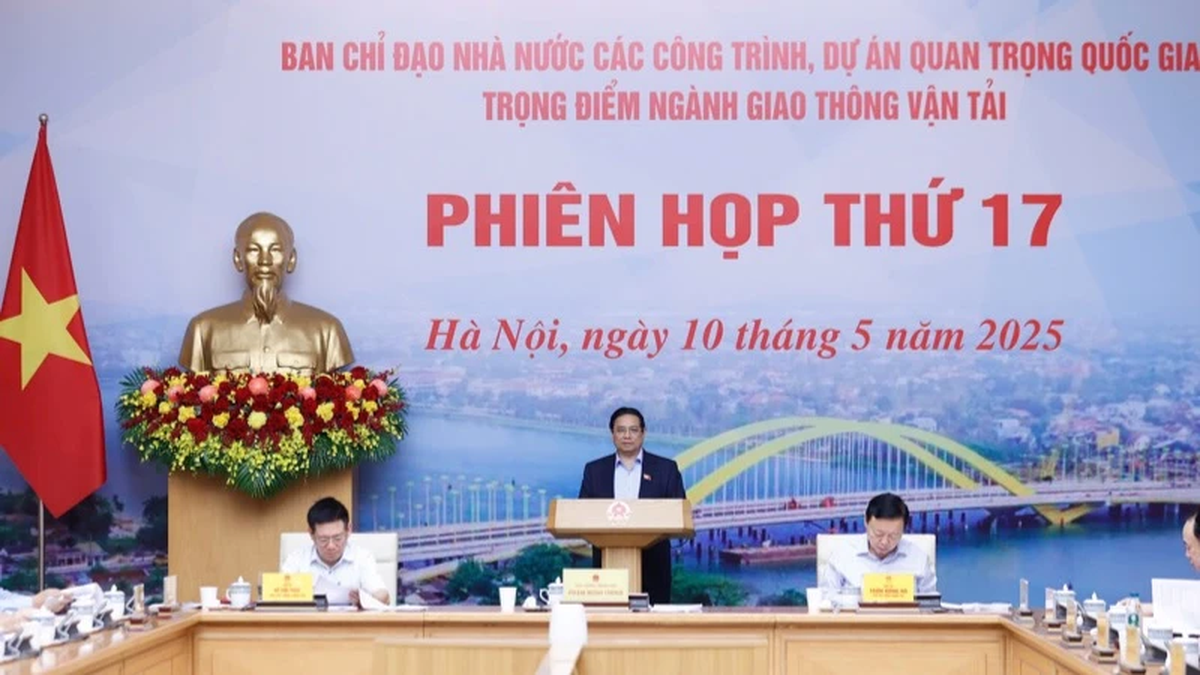




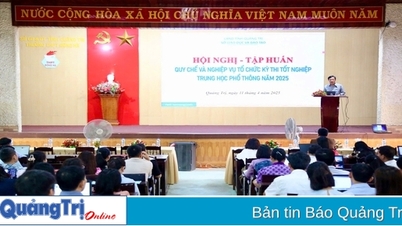



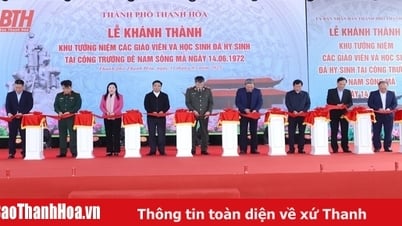



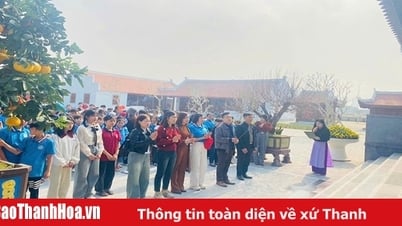
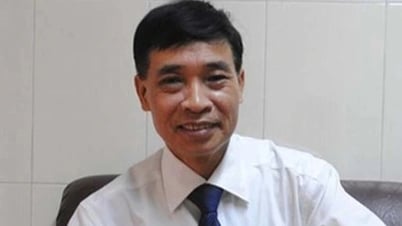
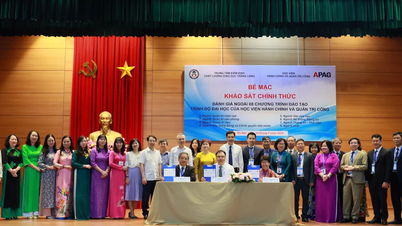

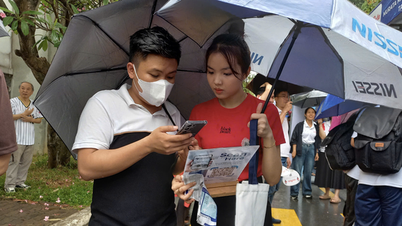
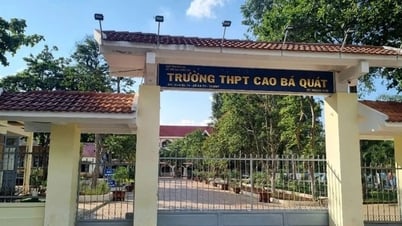
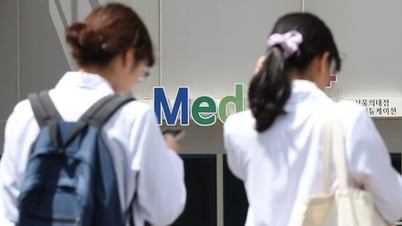




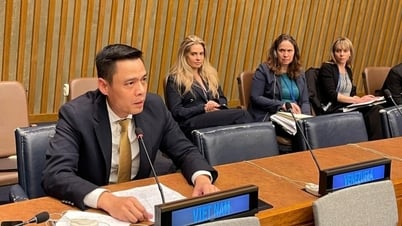
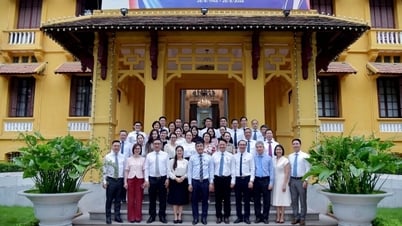
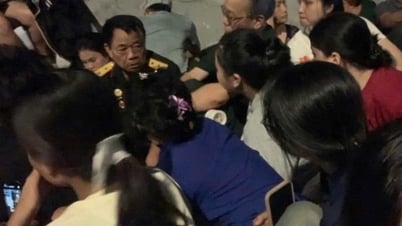

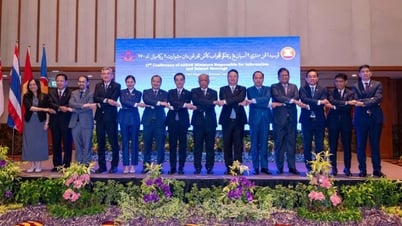























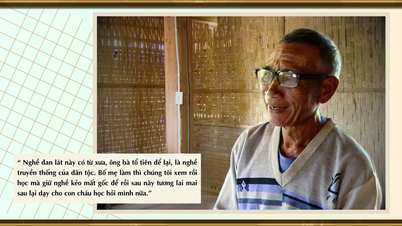








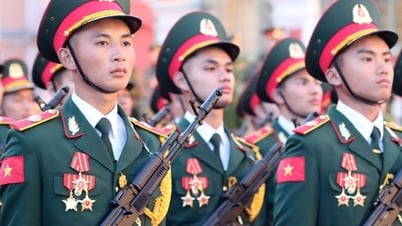

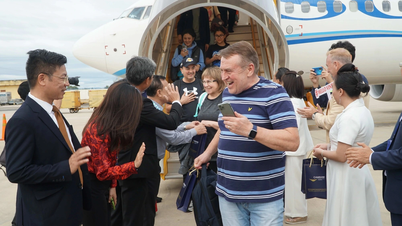














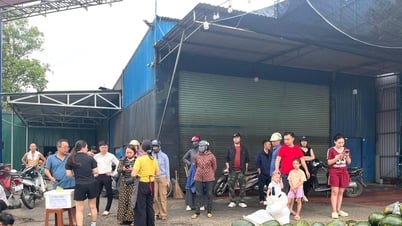



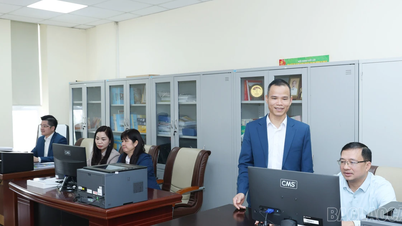

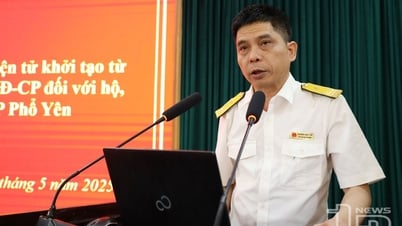



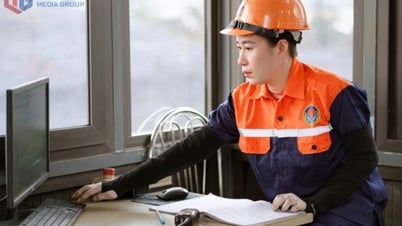











Comment (0)